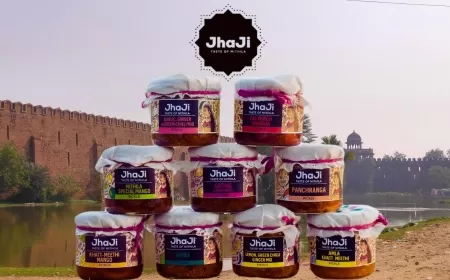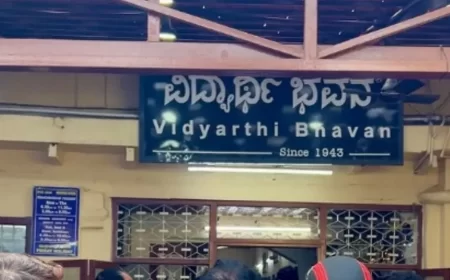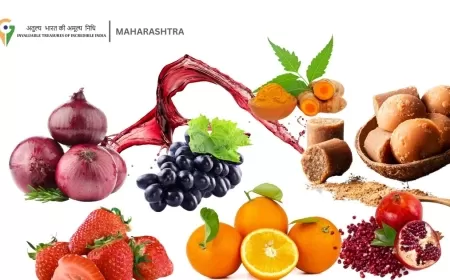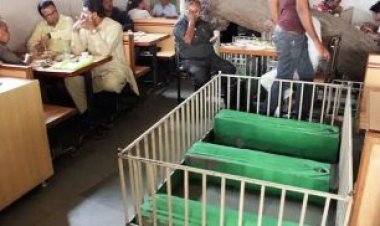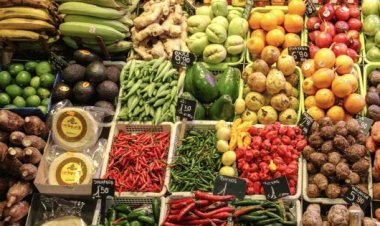Nepal Traders Halt Onion and Vegetable Imports from India over 13% VAT
Traders in Nepal have halted the import of onions and vegetables from India in response to the Nepalese government's decision to impose a 13% value-added tax (VAT) on such imports. This move has resulted in a disruption of the onion and vegetable supply chain between the two neighboring countries.

Traders in Nepal have decided to temporarily suspend the import of onions and vegetables from India following the government's recent imposition of a 13% value-added tax (VAT) on these essential commodities on Tuesday. The move has sparked concerns among locals and wholesalers, who fear potential price hikes and a disruption in the supply of these crucial food items. The decision to cease importing onions and vegetables from India stems from the traders' concerns over the additional financial burden imposed by the VAT. Traders argue that the new tax will significantly increase the cost of importing these goods, leading to higher prices for consumers. As a result, they have chosen to halt imports until a resolution is reached with the government. The local population in Nepal has expressed apprehension regarding the potential consequences of the import suspension. Onions and vegetables are staple ingredients in Nepali cuisine, and any disruption in the supply chain could impact daily meals and household budgets. Residents are worried that the temporary halt in imports could lead to scarcity and price fluctuations, making these essential items less accessible to the average consumer.
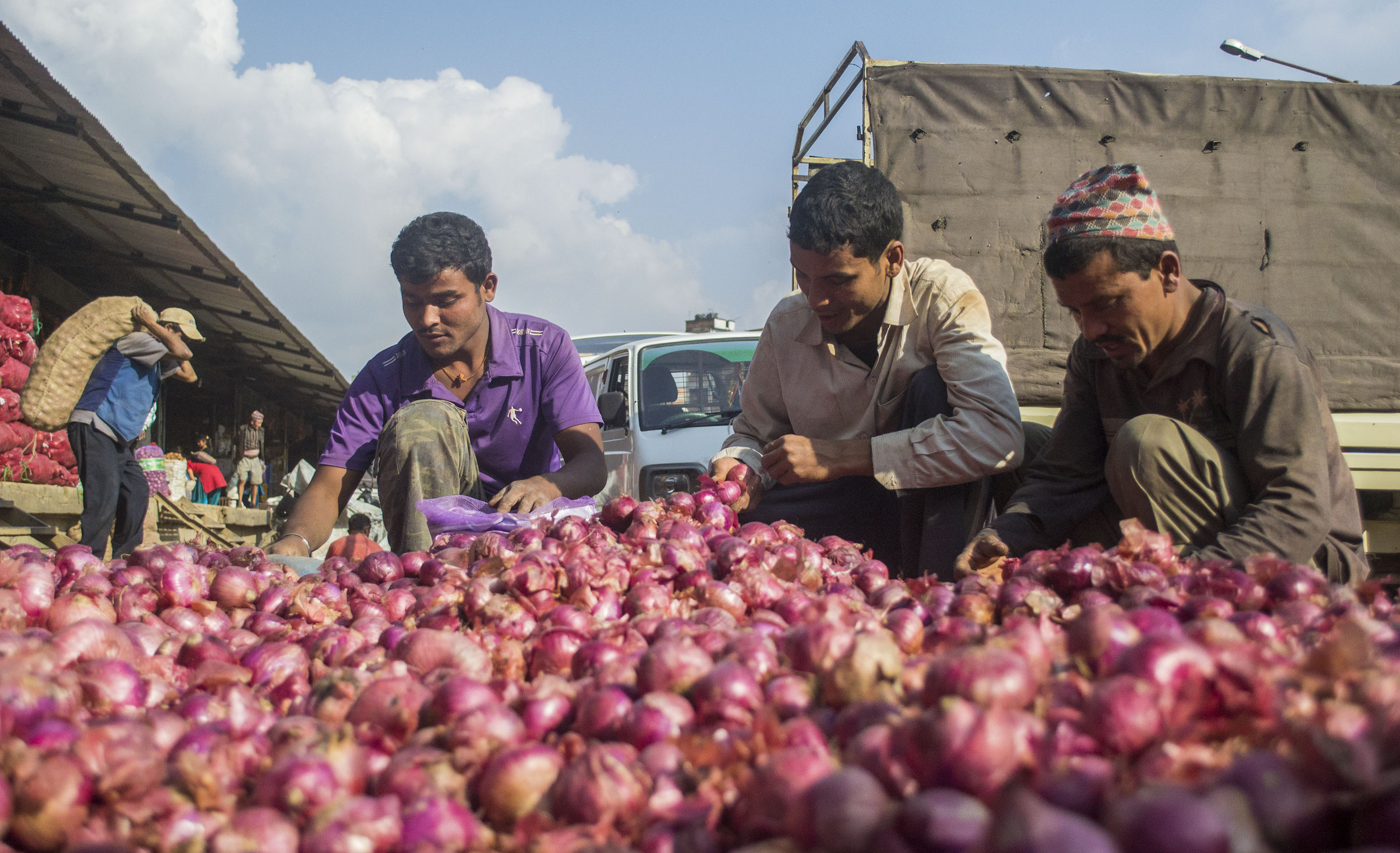
Whereas, wholesalers, who play a vital role in the distribution of onions and vegetables across Nepal, have also raised concerns about the VAT imposition. They fear that the increased cost of importing these goods will have a cascading effect on the overall market, leading to higher wholesale prices and a subsequent rise in retail prices. This could have a significant impact on the profitability of wholesalers and potentially affect their ability to meet consumer demand. Amidst the growing concerns, stakeholders are calling for dialogue between the traders and the government to find a viable solution. They emphasize the need for a collaborative approach that takes into account the interests of both parties. Traders are urging the government to reconsider the VAT imposition or provide suitable alternatives to mitigate the financial burden. They argue that such measures would help maintain the stability of the market and ensure the uninterrupted supply of onions and vegetables at reasonable prices.
The Nepal government has acknowledged the concerns raised by traders and locals regarding the VAT imposition. Officials have expressed their willingness to engage in discussions to address the issue and find a resolution that balances the need for revenue generation with the interests of traders and consumers. The government may consider alternative measures such as revising the tax rate or providing subsidies to alleviate the burden on traders.
Overall,The temporary suspension of onion and vegetable imports from India by traders in Nepal due to the government's 13% VAT imposition has raised concerns among locals and wholesalers alike. The potential impact includes increased prices, supply chain disruptions, and accessibility challenges. It is crucial for stakeholders to engage in meaningful dialogue and work towards a resolution that safeguards the interests of all parties involved, ensuring the continued availability and affordability of these essential food items for the Nepalese population.
What's Your Reaction?
 Like
0
Like
0
 Dislike
0
Dislike
0
 Love
0
Love
0
 Funny
0
Funny
0
 Angry
0
Angry
0
 Sad
0
Sad
0
 Wow
0
Wow
0














